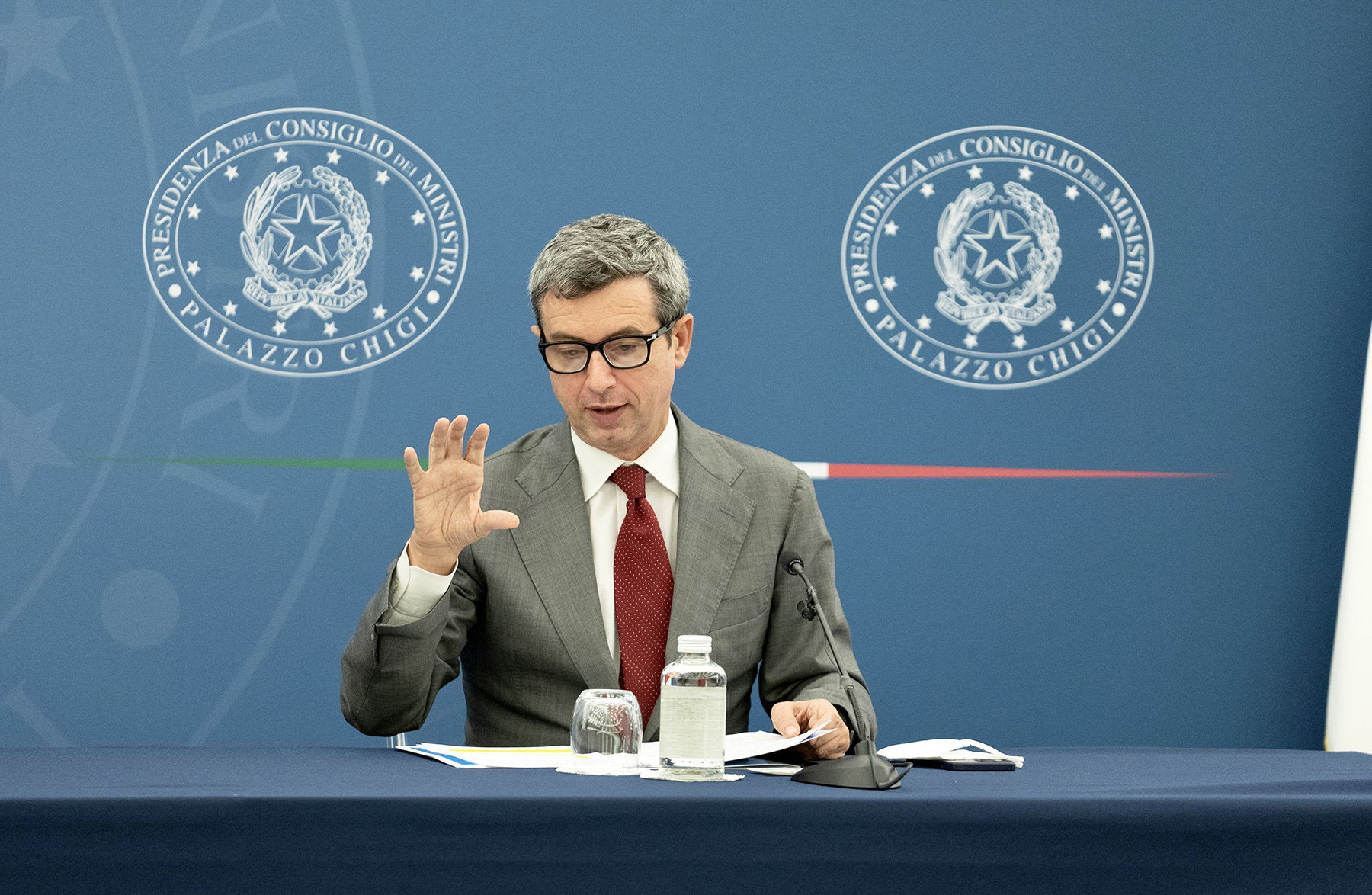What will be the future of navigators and citizenship income?

The study by Francesco Provinciali
An agreement was reached in the Ministry of Labor for the renewal of 4 months (two plus two) of the contract concerning 1900 navigators, that category of "job hunters" for citizens' income earners (RdC) tenaciously wanted by the 5S and by Di Maio and Conte in particular.
Born in 2019 to support the Employment Centers in relation to the application of the legislation which provides for support for the beneficiaries of the RdC, their fixed-term contracts were due to expire on 30 April.
The gradual stabilization of navigators through the restructuring and strengthening of employment centers by the Regions, provides for a total workforce of an additional 11,600 units when fully operational.
The comment collected by the press of the UIL Secretary General Pierpaolo Bombardieri is recorded: “There is a first positive result. Minister Orlando has undertaken the commitment to re-negotiate the services for these workers with Arpal with an extension of two months plus two months, to have the opportunity these days to discuss how to use these professionals with respect to the many commitments also outlined by the PNRR … Minister Orlando put his face to it and made a personal commitment. It is a partial victory ”.
In this regard, given that it would be necessary to specify which professionalism the Secretary General of the UIL refers to, given that the navigators have so far "navigated" on sight and "motu proprio" (ie working hard to orient themselves in a tangle of bureaucracy, touching firsthand procedural slowness, lack of jobs to be found for the receivers of the RdC) within the inefficiency of the Employment Centers, we who have dealt with problems relating to the protection of fragile workers for two years, have never registered much diligence and satisfaction neither from the Minister of Labor nor from his colleagues of Health and Disabilities, nor from the trade unions on the continuous run-up (often with retroactive effects recovered in extremis) to secure chemotherapy workers, disabled and immunosuppressed: perhaps we will have escaped but we have not read in the press a comment, a reassurance, a position, a reminder, u a proposal or a protest.
Having said this, we are delighted that some navigators thrown into the fray of "do it yourself" are starting to think about them seriously: the problem of their use has always been set aside or postponed, as well as the control that should be exercised over those who benefit from the RdC by refusing opportunities also unwelcome work on how the income shares are assigned and with what criteria.
In a country where the milleproroghe decree is now a fixed element on the sidelines of the DEF, a pool of repechage for donations, concessions, renewals of public spending by putting in the cauldron of parliamentary amendments measures at the last minute and often patronage-type prebends, a well-established malpractice , the image of an Italy of “bonuses without control” is created.
There is a sop, a bonus in fact, for every occasion.
On the RdC, in fact, it is appropriate to recall the Research by Sapienza of 2020 on "Policies and measures of poverty: citizenship income". The decree that introduced the RdC in fact provided for the "principle of conditionality", that is the obligation to accept at least one of the three suitable job offers proposed. This clashes with the social reality of the country, where work is lacking and cannot be invented to justify the provision of the RdC, which does not dissolve the doubts of identity on an active labor policy and a welfare measure. In a country system where the search for a job follows informal paths for 90% of cases (acquaintances, family, friendships, etc.), the RdC is an ambiguous measure, supported by crumbling employment centers, to be rebuilt. since they are detached from the link that binds supply and demand. But a more eloquent and pertinent conclusion could not have been written than the one used by the late Prof. Sgritta, to whom I still rely today for any appropriate reflection. “That the DRC is financially sustainable before and after 2021, given the economic situation and the instability of the political framework, is currently unpredictable; that it can help simplify the jungle of national and local allowances, checks, subsidies, this too is, at present, unlikely. What it certainly cannot do is abolish poverty ”.
In the opening words of the Research, however, the question was asked why – instead of embarking on a new legislative provision full of unknowns for politics, administration and the aspiring beneficiaries themselves – an improvement in the REI (the income of inclusion) already existing: a simpler and consequential solution with respect to this new path undertaken which highlights the impact of gaps in esteem and procedures in relation to the institutional vision and social reality of the country.
This reflection should lead to a radical rethinking of income, the award criteria, the correlation between bestowal and employment opportunities (in the distinction between welfare and job offer), responsibility, professionalism and manifest competences of the 'navigators', in addition to the criteria for their recruitment, for the direction and control of their activity by the Employment Centers so that they are not considered 'freelance professionals' for each job procured but public employees with defined rights and duties.
As things have gone so far, a simple extension is not enough: an 'ad hoc' parliamentary commission for investigation, data collection and analysis, statistical comparisons and evaluation of the efficiency-effectiveness of this system would be appropriate so that it does not slowly slip into oblivion of the habits without control, to fatten up and further slow down a bureaucracy that is already negatively mammoth, unproductive and eloquent in itself.
This is a machine translation from Italian language of a post published on Start Magazine at the URL https://www.startmag.it/economia/quale-sara-il-futuro-dei-navigator-e-del-reddito-di-cittadinanza/ on Fri, 29 Apr 2022 06:31:32 +0000.
